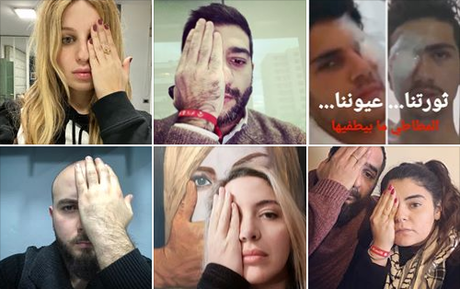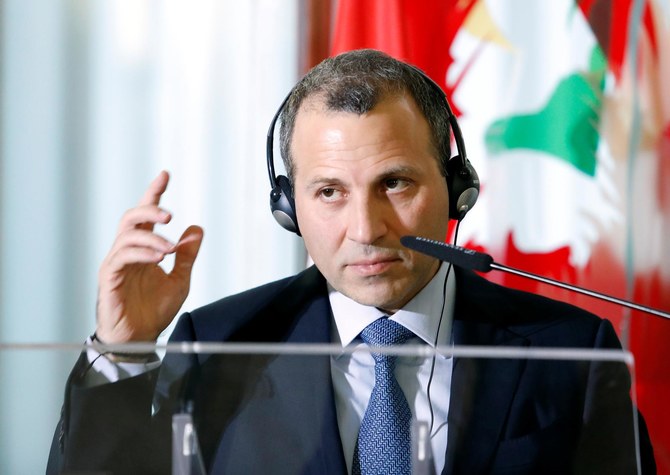
BEIRUT (Reuters) – Lebanon’s new government must reassure international donors it is serious about reforms to tackle a financial crisis as it looks initially to secure up to $5 billion in soft loans for basic goods, its finance minister said on Thursday. The government that took office on Tuesday faces an emergency in which banks have imposed controls, the Lebanese pound has weakened and protesters have turned to violence which a senior U.N. official described as “politically manipulated”. “The entire international community has its eye on what this government will do,” Finance Minister Ghazi Wazni said in televised comments. “What is its programme, what are the reform steps, is it ready for support or no?” Lebanon is looking to secure $4 billion to $5 billion in soft loans from international donors to finance purchases of wheat, fuel and medicines, The Daily Star newspaper had earlier quoted the minister as saying. “This injection will cover the country’s needs for one year,” said Wazni.
Bank restrictions on access to cash, inflation and job losses have hit people hard. Increasingly violent though more limited protests have replaced jubilant demonstrations against a political elite blamed for driving Lebanon towards collapse. Interior minister Mohammed Fahmi said the state would not tolerate attacks on security forces who he said would protect people’s rights, including freedom of expression. On Wednesday, protesters broke stone slabs off buildings in a luxury commercial district of Beirut to hurl at barricades guarded by security forces blocking paths to parliament. “This looks more like a political manipulation to provoke the security forces, to undermine civil peace, to fan up sectarian strife,” Jan Kubis, U.N. special coordinator for Lebanon, wrote on Twitter, mentioning attacks on security forces and vandalism of state institutions and private property. The new government was set up with backing from the powerful Iran-backed group Hezbollah and its political allies. Major political parties that have Western backing, including that of former premier Saad al-Hariri, are not part of the cabinet.
RESCUE PLAN

![Stones are seen on the ground as Lebanese police gather during a protest against the newly formed government in Beirut [Aziz Taher/Reuters]](https://www.aljazeera.com/mritems/imagecache/mbdxxlarge/mritems/Images/2020/1/22/de1922059dd446c8920e3b7f526396c4_18.jpg)







